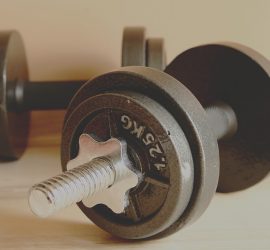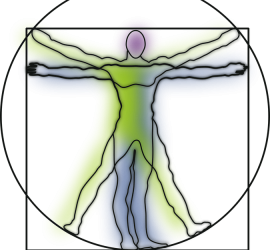The ageing foot: how does skin feedback change as we grow old?
Historically, research on skin’s role in postural stability has focused on the sole of the foot, as this area is in contact with the ground as we stand and move. Special receptors from the sole of the foot provide information about contact pressure and slips of the foot (Kennedy & […]










